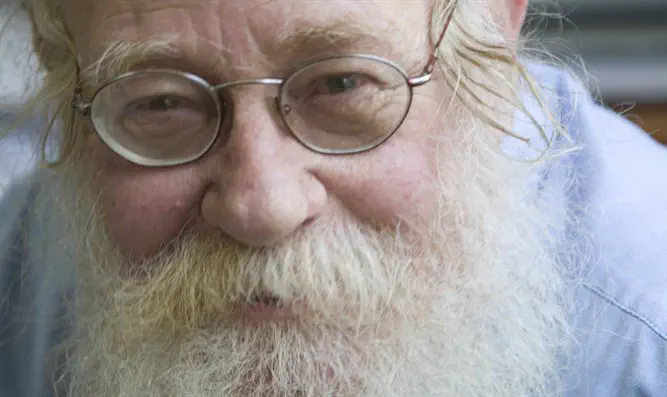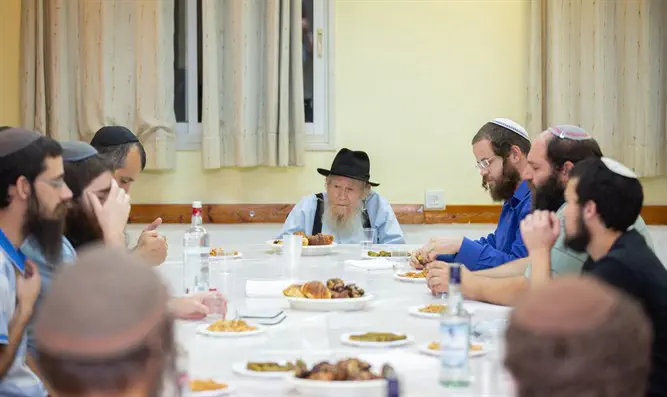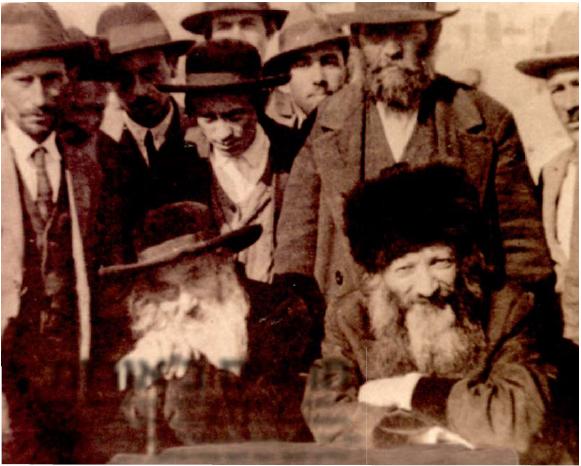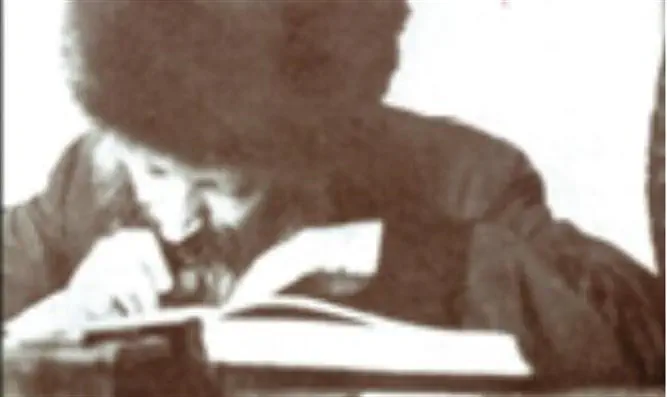rylah
Gold Member
- Jun 10, 2015
- 21,139
- 4,483
- 290
As I post, what's below is currently the #1 hashtag on twitter in France...
Need to translate?
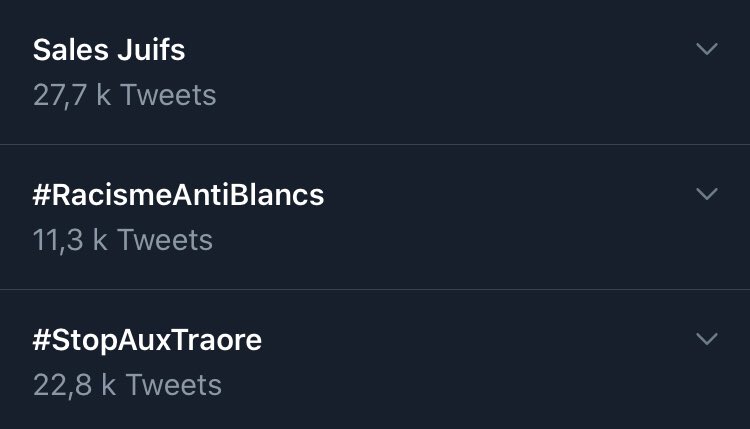
The French should be ashamed!
You know, in Morocco in-spite of periods of persecutions pogroms and dhimmi,
the Mlah, Arab version of ghetto, which when exited Jews walk barefoot and display their shoes on the shoulders, in spite of all that and it's common knowledge - the king built the Mlah close to his palace to protect the Jew, it of course depended on who sat in the palace, but it was common knowledge in Morocco that the Jewish population was key to their prosperity.
And Morocco today among the Arab mess prospers, has an Israeli as their chief Rabbi,
and recieves every group of Jewish immigrants with special care, making sure they're guarded all along their visit. Officially they're even trying to motivate some Israelis to return, allegedly preserving the property once confiscated or left due to pogroms, but that's another topic.
France on the other hand, if Napoleon called for Jewish statehood,
today they're against Jews in Judea, and everyone sees what happens to their country...
Shame is indeed not reserved.
It is promised HaShem revives the soul of every wicked leader among the nations,
that ever mistreated Israel, for the humanity to see their humiliation.
That said, each is given a choice to correct that for himself and his nation.
France is maybe on a path to devastation, but the most symbolic Edom is doing Tshuvah.
Anyway, all that said - the Jewish community can't rely on that in the diaspora.



